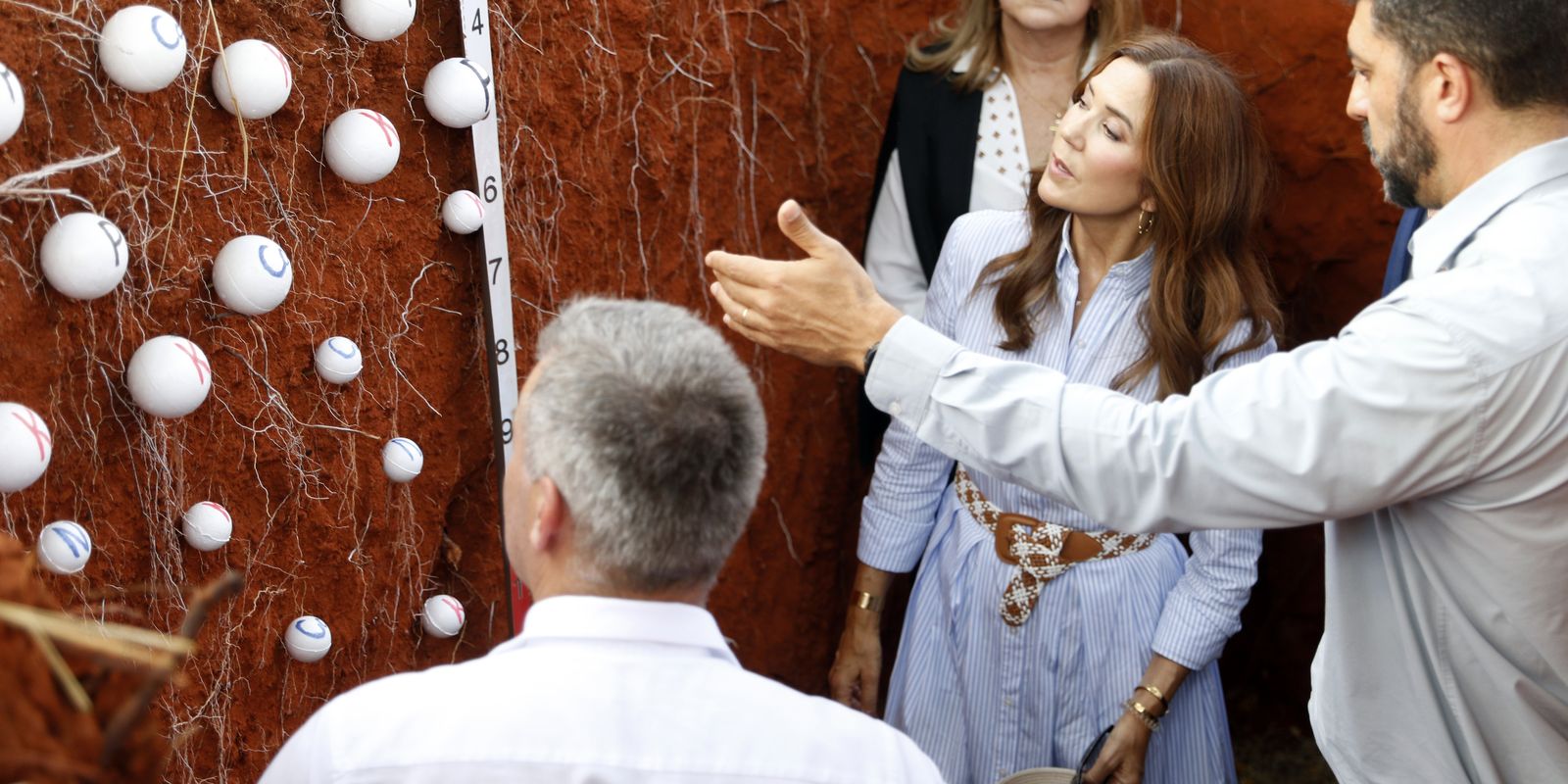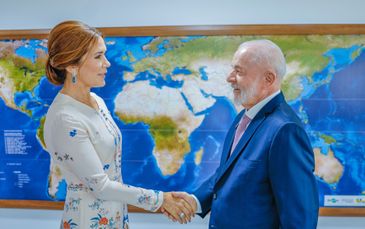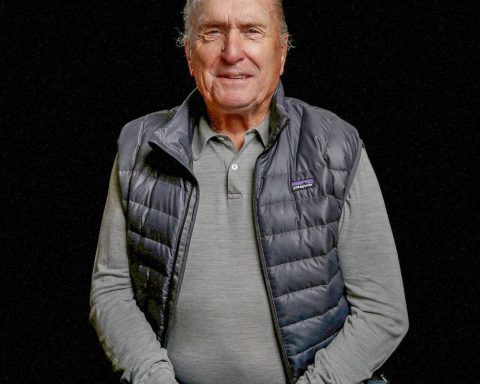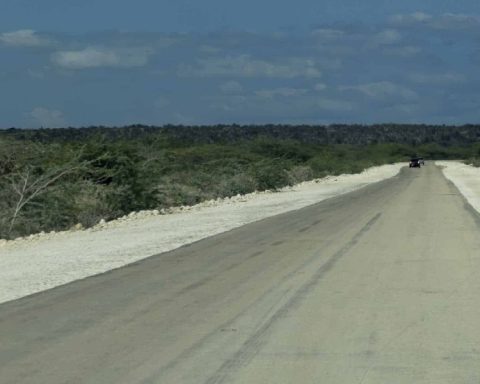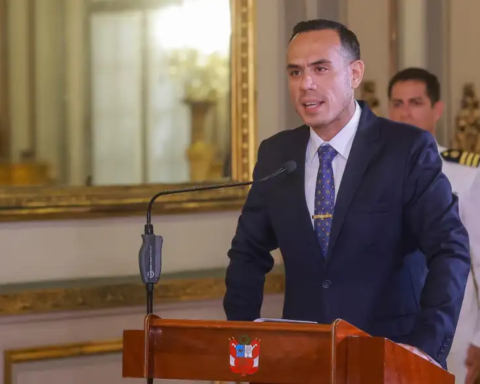Biodiversity, sustainability and climate change are on the diplomatic agenda of Brazil and Denmark. As part of this partnership, the Queen of Denmark, Mary Donaldson, visited this Friday (4) the headquarters of Embrapa Cerrados and learned about the technologies applied in the country to align crop-livestock integration and sustainability. Embrapa Cerrados is a public company and one of the units of the Brazilian Agricultural Research Corporation (Embrapa).
The Danish ambassador to Brazil, Eva Bisgaard Pedersn, considers Embrapa’s work “revolutionary” and added that the country intends to deepen partnerships with Brazil. “The work here is very inspiring. We need to learn from Embrapa, take the results, compare and advance this cooperation”, said Pedersen.
For the president of Embrapa, Silvia Massuruhá, the Danish delegation’s visit represents an opportunity to strengthen ties with Denmark and present integration technologies between agriculture and the environment. Massuruhá recalled that one of Embrapa’s challenges is to guarantee food security in Brazil based on sustainable practices. “We seek to increase productivity while conserving natural resources”, highlighted the president.
Last Thursday, the Danish delegation also visited the National Institute for Amazon Research (Inpa/MCTI), in Manaus (AM). Inpa is a reference in studies of Amazonian biodiversity and in understanding the functioning of the largest continuous tropical forest in the world.
Tupinambá Cloak
Also this Friday, President Luiz Inácio Lula da Silva received the Queen of Denmark, Mary Donaldson, at the Palácio do Planalto. The meeting was attended by the Minister of Foreign Affairs, Mauro Vieira, the Minister of Health, Nísia Trindade, and the special advisor to the Presidency, Celso Amorim. The queen was accompanied by the Minister of Climate and Energy, Lars Aagaard, and the Danish ambassador, Eva Bisgaard Pedersen.
Lula invited Denmark to participate in the Alliance Against Hunger, which Brazil will launch at the G20 meeting in November in Rio de Janeiro. The president also thanked Denmark for returning the Tupinambá Mantle to the National Museum, in Rio de Janeiro. The item is considered a living entity, of a spiritual nature, which brings identity, memory and belonging to the indigenous peoples of Brazil, especially the Tupi populations.
The queen expressed solidarity with the floods that hit Rio Grande do Sul, as well as droughts and fires in other regions of the country. She also reported that Brazil and Denmark share many common values and ideas. Among the topics of the visit were access to healthcare via telemedicine, gender equality and environmental preservation.
Married to Prince Frederick X, Mary is a patron of the United Nations Environment Program (UNEP), of the United Nations (UN).
